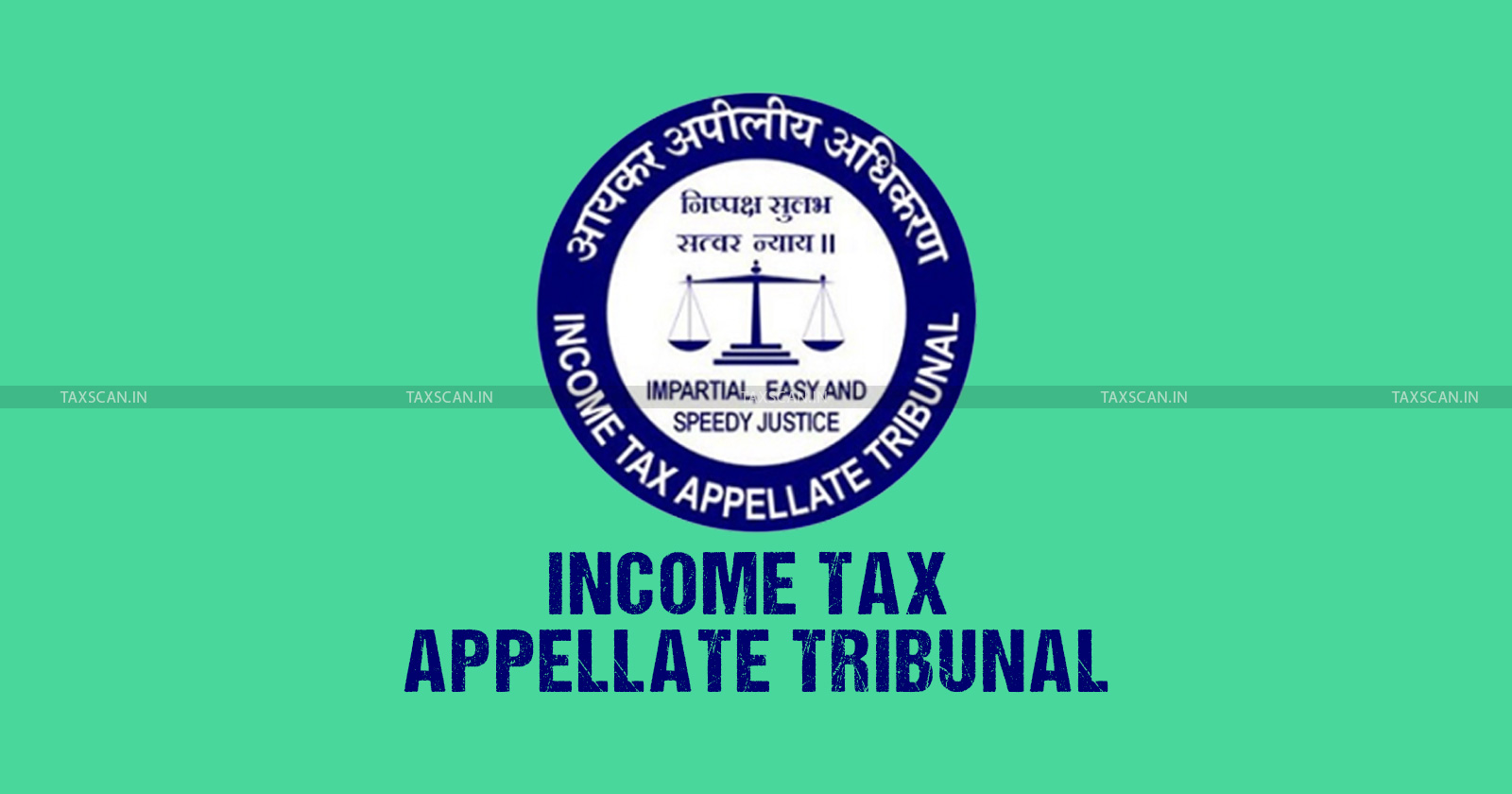Claim of LTCG Exemption from Penny Stock Transactions Found Bogus: ITAT Upholds Disallowance [Read Order]
Citing the Supreme Court’s ruling in Sumati Dayal vs. CIT, the tribunal concluded that the transactions defied human probabilities.
![Claim of LTCG Exemption from Penny Stock Transactions Found Bogus: ITAT Upholds Disallowance [Read Order] Claim of LTCG Exemption from Penny Stock Transactions Found Bogus: ITAT Upholds Disallowance [Read Order]](https://images.taxscan.in/h-upload/2025/06/27/2055178-itat-long-term-capital-gains-ltcg-exemption-penny-stock-found-bougus-taxscan.webp)
The Ahmedabad Bench of Income Tax Appellate Tribunal ( ITAT ) upheld the disallowance of ₹55.52 lakh claimed as Long Term Capital Gains (LTCG) exemption by the assessee, after finding the transaction to be part of a bogus penny stock scheme.
Chimanbhai Chhaganbhai Pokal,appellant-assessee, was found to have claimed bogus Long-Term Capital Gains (LTCG) exemption amounting to Rs. 55.52 lakhs. The Assessing Officer (AO) received information from the DDIT (Investigation), Calcutta, indicating that M/s. Jai Maa Kali Enterprise, linked to suspicious cash deposits, had transferred large sums to Mr. Ashok Kumar Kayan,an accommodation entry provider who admitted to issuing fake LTCG entries.
Step by Step Guide of Preparing Company Balance Sheet and Profit & Loss Account Click Here
Based on the investigation, it was revealed that the assessee had purchased shares of M/s. Neo Polymers (now Vindus Holdings) through off-market transactions in 2009 and sold them shortly after dematerialization in 2011–2012, claiming tax-exempt capital gains.
The officer noted that the company was financially weak, yet the assessee received over Rs. 59 lakhs from the sale. The time gap between the initial cash payment and subsequent cheque payment, absence of share trading history, and involvement of other family members in similar transactions raised suspicion.
The transactions were considered backdated, and the purchases were found to be from a suspicious broker. Concluding that the assessee introduced unaccounted cash in the guise of LTCG, the AO added the amount to the assessee’s total income.
The assessee appealed against the order of the Commissioner of Income Tax(Appeals)[CIT(A)] who confirmed the addition made by the AO It was noted that the assessee had bought 3750 shares for Rs. 3.75 lakhs, partly in cash and the rest by cheque after a delay, and earned Rs. 59 lakhs from the sale despite having no past record of share trading.
The CIT(A) relied on the investigation report and other supporting data which showed that the transaction was part of a larger scheme involving penny stock companies to convert unaccounted money into tax free capital gains.
The shares were bought off market at low prices, their prices were artificially increased, and later sold at high rates. The CIT(A) held that the assessee was a beneficiary of this setup and dismissed the appeal.
 Also Read:ITAT sets aside additions on Penny Stock gains, directs deletion of Related Expenses due to Lack of Evidence [Read Order]
Also Read:ITAT sets aside additions on Penny Stock gains, directs deletion of Related Expenses due to Lack of Evidence [Read Order]
The two member bench comprising SiddharthaNautiyal (Judicial Member) and Narendra P.Sinha (Accountant Member) examined the case and found that the assessee had purchased 3750 shares of M/s. Neopolymers Pvt. Ltd. in October 2009. These were later converted into 18750 shares of M/s. Vindus Holdings Ltd. after an amalgamation in November 2010.
The assessee argued that cross examination of Mr. Ashok Kumar Kayan was not allowed. However, the appellate tribunal held that such an opportunity was not necessary in every case, especially since the addition was not based solely on his statement.
It was also based on several facts such as the assessee not being a regular investor, the poor financials of the company, unusually high gains in a short period, and off market transactions. Similar patterns were seen in transactions by the assessee’s family members.
How to Audit Public Charitable Trusts under the Income Tax Act Click Here
The tribunal referred to the Supreme Court’s ruling in Sumati Dayal vs. CIT, which allowed examining the genuineness of transactions based on human probabilities and surrounding circumstances.
It also noted a mismatch in dates. The demat account showed the shares were credited in February 2010, while the share certificate was dated November 2010. This raised further doubts about the genuineness of the transaction.
Based on these findings, the ITAT held that the assessee had claimed bogus LTCG and upheld the order of the CIT(A).Therefore,the appeal was dismissed.
Support our journalism by subscribing to Taxscan premium. Follow us on Telegram for quick updates


